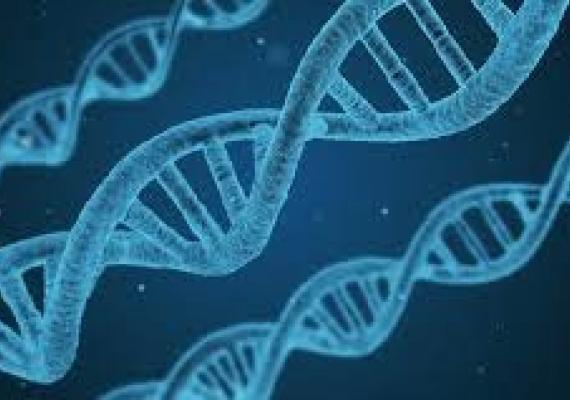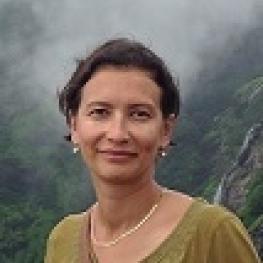Genetics and the Meanings of Jewishness

A prominent rabbinic judge in Jerusalem has issued a responsum that a genetic test can be used as proof of Jewish descent, eliminating the need for conversion where Jewishness is in dispute. Rabbi Yosef Carmel of the Eretz Hemdah Institute for Advanced Jewish Studies in Jerusalem ruled that it is now possible to determine the Jewish status of a person on the basis of a specific test, which examines their mitochondrial DNA, a segment of DNA that is transmitted maternally. The ruling is based on a scientific study that claims to have established that about 40 percent of Ashkenazi Jews are descended from four women; and according to a report commissioned by Eretz Hemdah, there is a 90 to 99 percent certainty that a person bearing specific genetic markers is a descendent of one of these women. As reported on JewishPress.com and the Jerusalem Post earlier this month, the new ruling will be promoted as a solution for hundreds of thousands of Israeli citizens from the former Soviet Union who have had difficulty proving their Jewish status for the purposes of marriage and a range of other processes in Israel that require one to be Jewish. Rabbi Carmel is reported to have said that while the test would absolve about 40 percent of Russian 'olim of the requirement to convert, it cannot be used to revoke someone's Jewish status even if they were not found to have the required markers, as only 40 percent of the general Ashkenazi population have them.
The test builds on research that belongs to a growing list of genetic studies conducted in Jewish communities, including work exploring the degree of genetic relatedness of different Jewish groups world-wide, research on the kohanim, and studies concerning the origins of communities who embraced Jewish identity in the past one hundred years. The responsum and the genetic study, which have been submitted to the Chief Rabbinate with a suggestion to have the test accepted by rabbinical courts as a licit way of proving the Jewish status of those citizens who do not have conventional means of doing so, is reported to have been challenged by Rabbi Seth Farber, head of the ITIM religious services advisory organization. The latter pointed out that it was a "slippery slope to greater reliance on scientific methods to prove Jewishness" that would fly in the face of traditional Jewish law. Social scientists would also probably point out that the test would take the discourse about the biological dimension of Jewishness to a new level.1 While until now genetic studies of this kind have been described as purely academic endeavors aiming to cast light on historical questions that cannot be answered through conventional means of historiographic research,2 the new ruling would employ DNA analysis not merely to make a conjecture about events from the distant past,3 but to decide on the status of individuals living today.
Having said that, one should nevertheless appreciate the emancipatory spirit in which the ruling was proposed, as its stated aim was to create an additional pathway to proving one's Jewishness for a community that, for historical and political reasons, may struggle to provide conventional proof. It can be seen as an example of rabbinic authorities taking into consideration the specificity of the history of Russian-speaking Jews and making an extra effort to accommodate their needs. The question that remains is whether similar efforts would be made in relation to other groups facing problems of recognition in Israel.
[1] Harry Ostrer, Legacy: A Genetic History of the Jewish People (Oxford, 2012).
[2] Yulia Egorova, "DNA Evidence? The Impact of Genetic Research on Historical Debate," BioSocieties 5.3 (2010): 348–65.
[3] For a discussion of conflicting genetic studies of the "founding mothers" of Ashkenazi Jews, see Nadia Abu El-Haj's The Genealogical Science: The Search for Jewish Origin and the Politics of Epistemology (Chicago, 2012).
